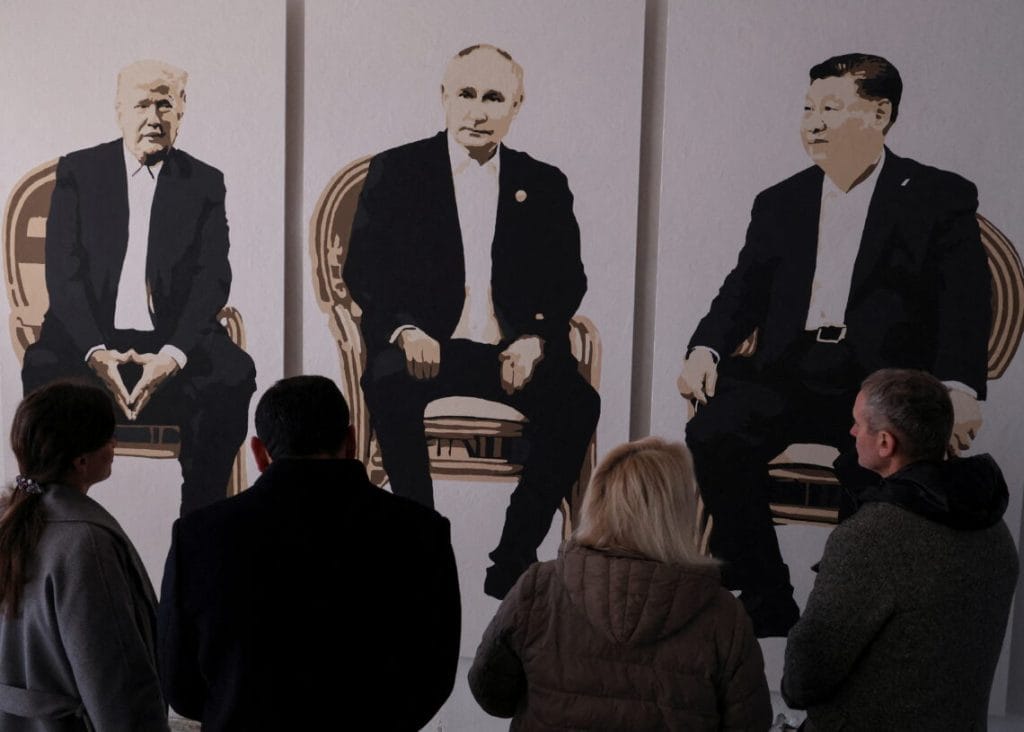
In our recent Viewsletter, we discussed the preparatory meetings for the EU- China summit that occurred last week. In particular, we discussed how during those meetings Chinese Foreign Minister Wang Yi made a series of remarks, the frankness of which reportedly shocked the EU delegation, as Yi reportedly said that “Beijing did not want to see a Russian loss in Ukraine because it feared the United States would then shift its whole focus to Beijing.” We predicted that given how badly those meetings had gone, the summit would be doomed from the start.
On 24-25 July, the summit took place, and it went as badly as it possibly could. First, it took place in Beijing, while it was supposed to have been held in Brussels, as the previous time it was also held in China. (For obvious diplomatic reasons, regular bilateral meetings are held in alternating locations). Second, the Chinese presidency humiliated the EU delegation by bringing them to the place of the meeting in an airport-stylemini bus and providing no official welcome ceremony instead of supplying the usual black cars reserved for diplomatic personnel. This was to show that the EU is such a chaotic conglomerate that its numerous leaders require a bus to be carried around. Third, China decided to cut short the meeting, limiting it to one day instead of the two that had originally been planned, as the differences over critical minerals (aka rare earths), China’s alliance with Russia, and the trade conflict initiated by Trump were irreconcilable at this stage. At the end of this disastrous meeting, EU Commission President Ursula von der Leyen said that EU-China relationships were at “an inflection point.”
Somebody thought that after Trump decided to “break up” the traditional trans-Atlantic alliance with Europe, the EU might have decided to move closer to China, the US’s arch-rival, in a sort of “the enemy of my enemy is my friend” approach. We’ve always been extremely sceptical of this view, as we thought that in spite of their differences the existing cultural similarities between US and Europe are way larger than those between Europe and China. The outcome of the recent summit proved this point.
The greater sticking point is clearly China’s support for Russia’s invasion of Ukraine, which the Europeans consider a threat to their own security, forcing them to re-militarise substantially following Trump’s dismissive approach to NATO (and in spite of the recent announcement at the NATO Summit in The Hague, when it was agreed that all member states will aim at an increase of defence spending up to 5% of GDP, from the current 2%). It is obvious that without the direct or indirect support of China, Russia would not be able to continue fighting this war for such a long time. The recent article by the South China Morning Post (cited above) made this explicit. In order for Europe to help China in the trade war with the US, the EU demands that China stop supporting Russia’s invasion of Ukraine. But China realised it doesn’t need the EU’s help: the US’s dependency on China’s critical materials gives China enough leverage in the negotiations.
Where is all this leading? The key clue, and the date to be circled in red in the calendar, is September 3rd, when the celebrations for the 80th anniversary of the victory in the “War against Japanese Aggression” will take place in Beijing. Xi invited Putin to attend, not surprisingly. But reportedly he has also invited Trump, who could meet Putin on a bilateral basis. But most importantly, a trilateral meeting between Trump, Putin, and Xi could take place. Somebody has dubbed such a meeting a “Yalta 2.0,” where the leaders of US, Russia and China would divide the world into spheres of influence.
We have gotten some clues about that. On July 14th, Trump gave Putin a “50-day” ultimatum to agree on a ceasefire on Ukraine. This super-long deadline would expire – coincidentally – on September 2nd, the day before the potential Yalta 2.0 summit. After dividing the world into spheres of influence, and potentially recognizing the four Ukrainian regions annexed by Russia as Russian in exchange for a ceasefire, Trump could present himself as a peace-maker and say he kept the promise of ending the war in Ukraine. Incidentally, Yalta is in Crimea, the Ukrainian peninsula annexed by Russia in 2014. Putin would find a way out of a war that has become too expensive to carry out and Xi could transform his celebration into the dawn of a new era, with China in the driving seat.
What would Europe’s role be in all this? None. Europe would bear the consequences of decisions made over its head by others without having a say itself. If this is the situation, it would be easy to see why Xi didn’t feel the need to spend time and ceremonies with the EU delegation at the recent meeting.